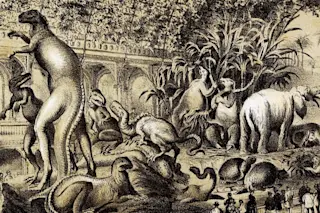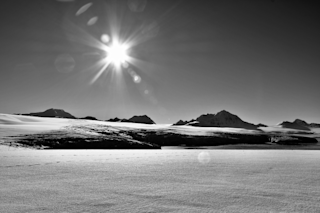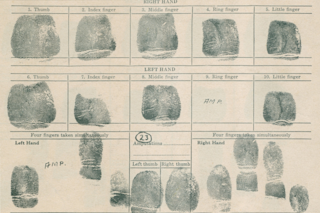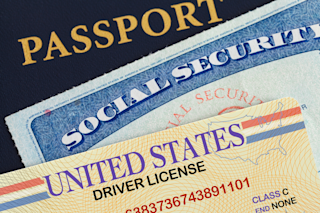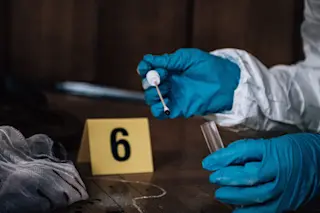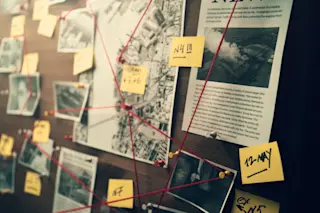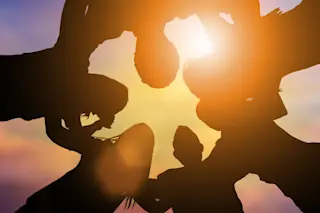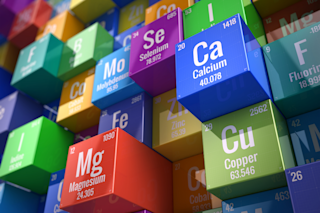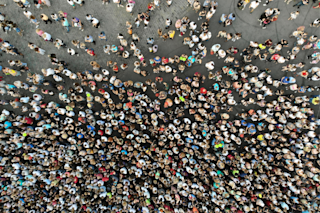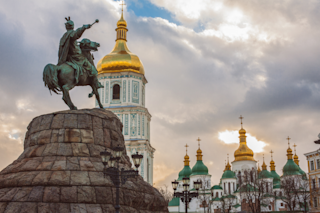While I'm preparing for Saturday's education panel, let's venture back to a related topic discussed here over the past several weeks. I'm curious to find out how our new readers feel about the term 'science literacy'...
Do you think it's something learned in the classroom or acquired by way of natural curiosity and keen intellect? Is a student well versed in facts about photosynthesis and planetary orbits more scientifically 'literate' than the poor test taker who spends afternoons reading about dinosaurs and searching for fossils in her backyard? In other words, how might we best define the term--even before assessing it? Comments
on earlier threads suggest folks mostly agree that many heavily cited surveys using standard pop-quiz parameters do not convey much useful information about society at large. So can we ever measure this term satisfactorily? Furthermore, when does science literacy matter most?


